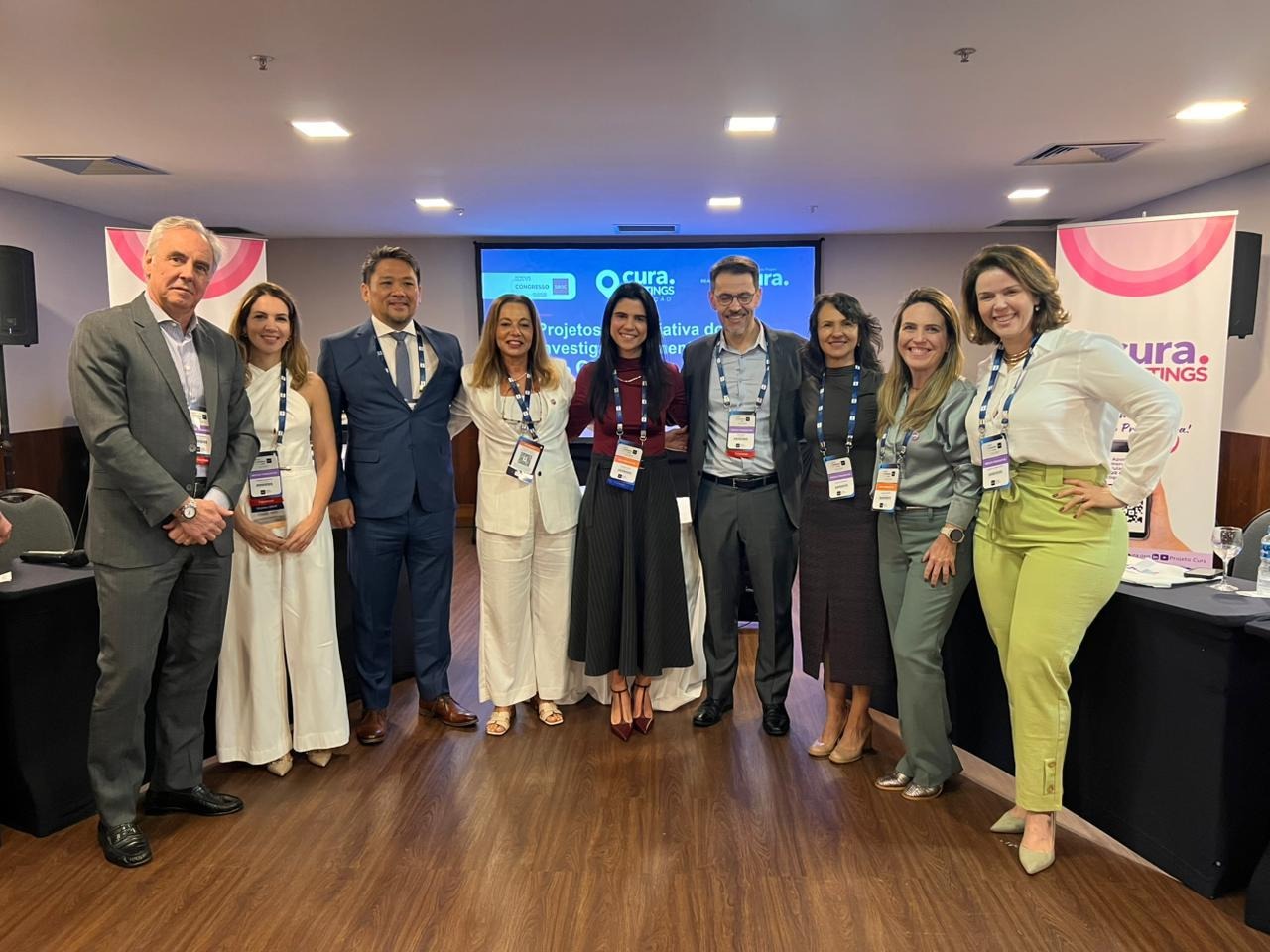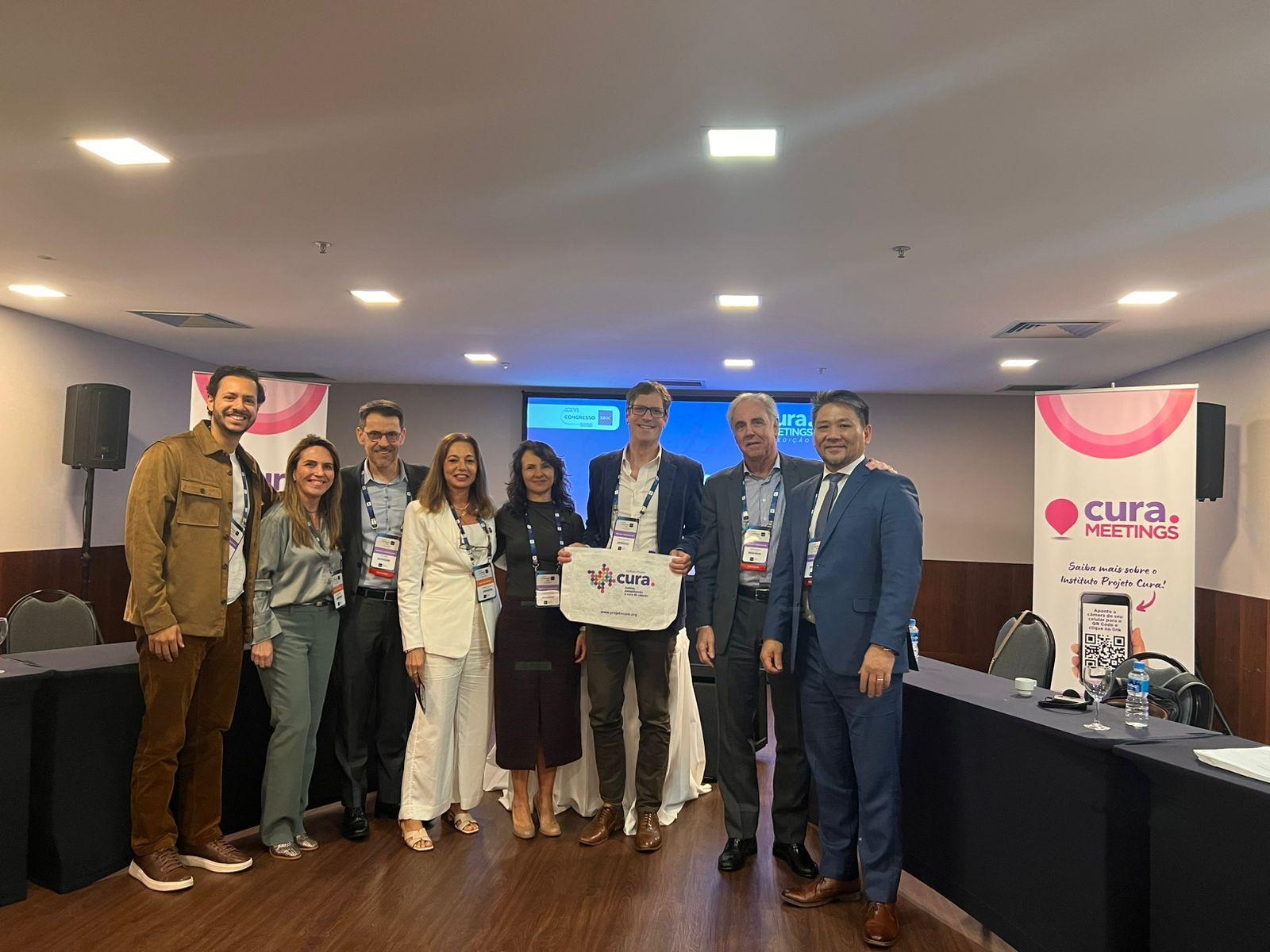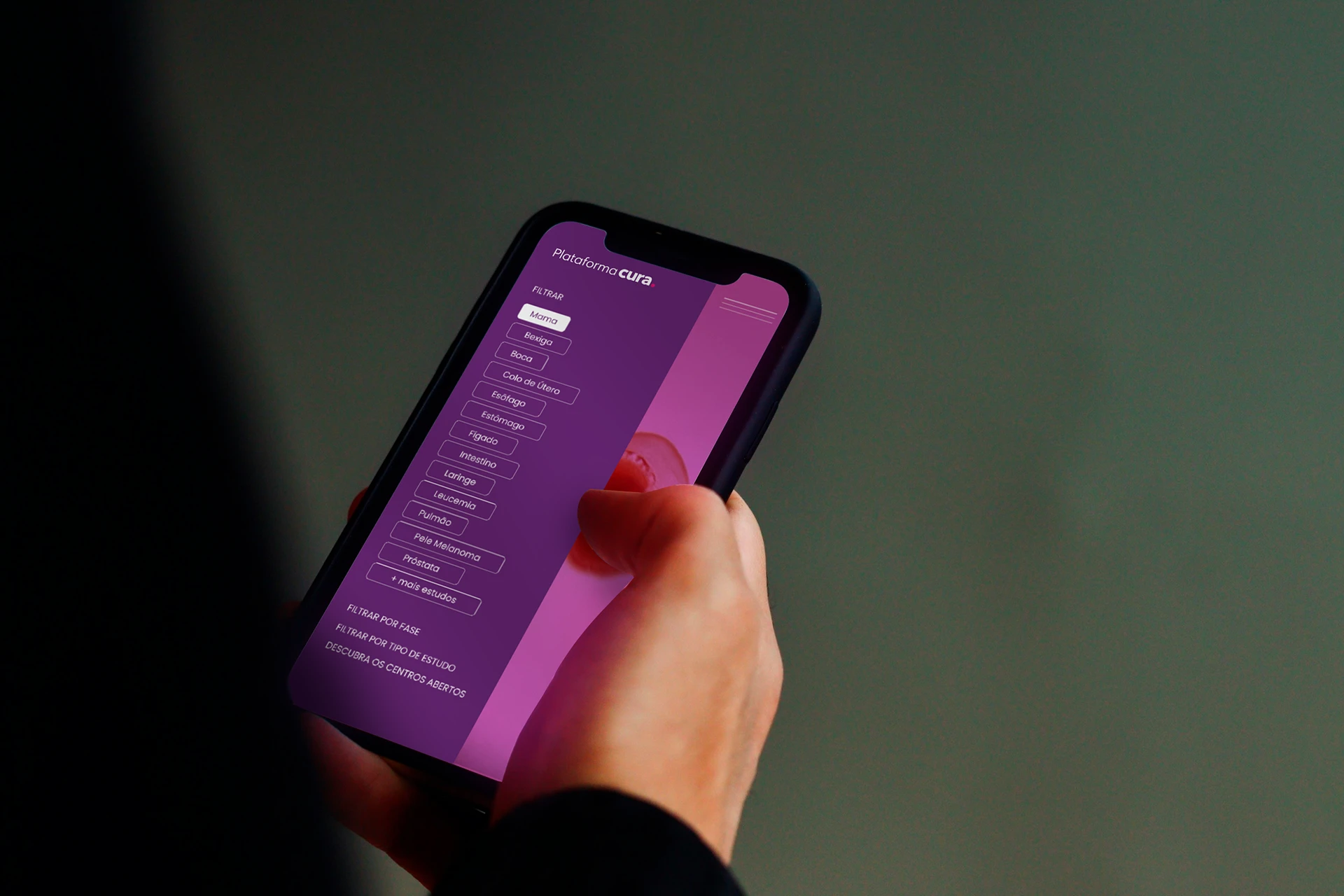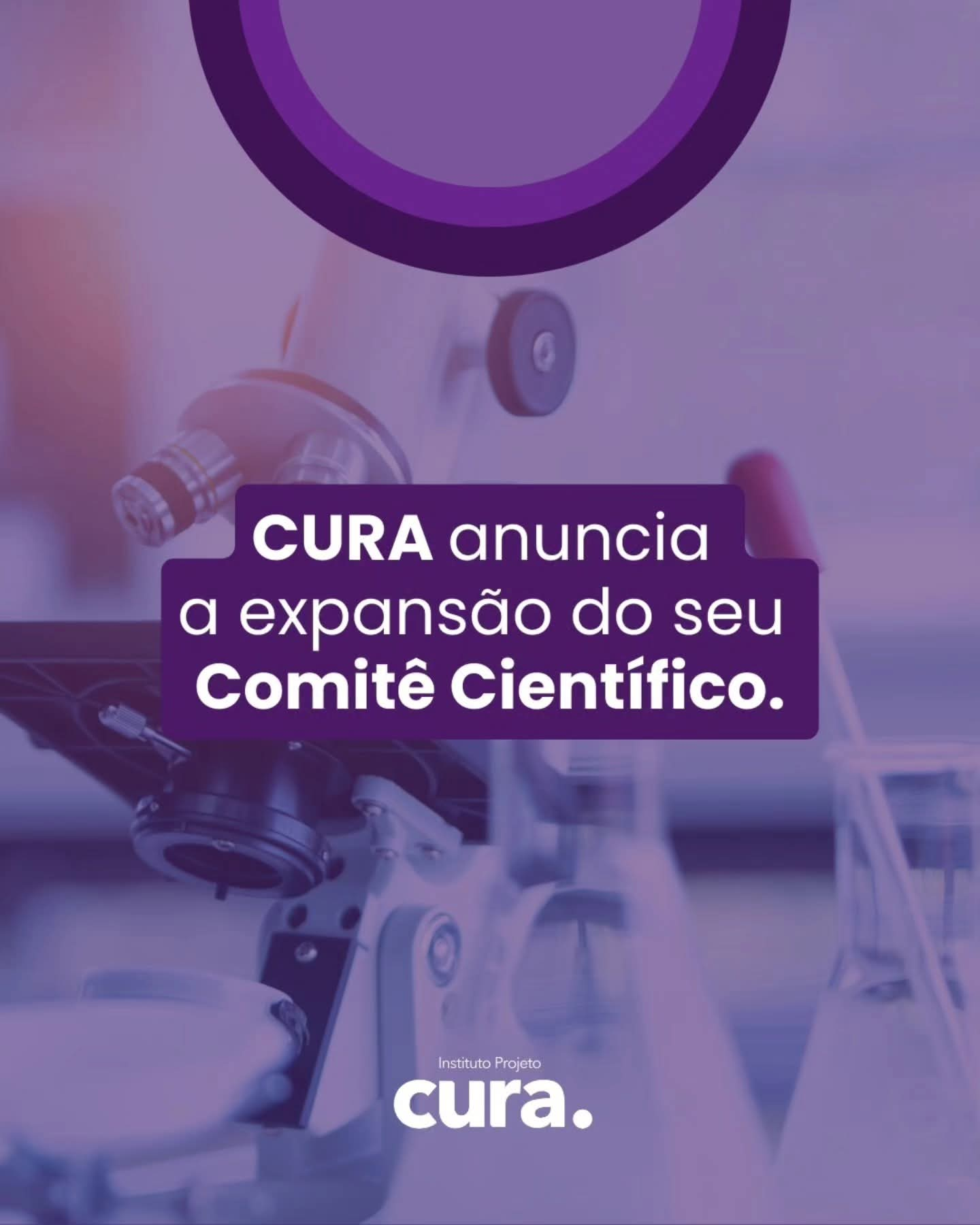15/11/2025
6th CURA Meetings reinforces patient leadership and global integration of clinical research
The 6th CURA Meetings, promoted by the CURA Project Institute, has once again established itself as one of the main integration meetings between science, society, companies and public policies. Organized during the Congress of the Brazilian Society of Clinical Oncology (SBOC), the meeting reaffirmed a contemporary vision of clinical research, based on the role of the patient and collaboration between different sectors.

The opening was led by the president of the CURA Institute, Fernanda Schwyter, with the provocation:
“We need to ask ourselves if the research we conduct is really good and if it is, in fact, bringing innovation. And when I talk about innovation, I'm not just referring to technology, but to people who go hand in hand with research and bring improvements.”
Among the panels, the theme “Center for Research and Sustainable Strategies”, with Dr. Vanessa Teich, reinforced Brazil's potential in carrying out early studies and integrating different sectors.
Dr. Clarissa Balduto, the current elected president of the SBOC, emphasized the fast pace of science and the need for co-responsibility between different actors. “You have to keep up with that speed, all together,” he said.
Dr. Gabriela Prior, with her multinational business vision, discussed the global alignment of local research strategies.
Among the debaters, Dr. Max Mano pointed out that, although the way of doing research has evolved, there are still structural gaps and the government is one of the key points that could be of greater relevance.
For Dr. Roberto Arai, encouraging innovation also involves more robust public policies. He cited the example of Pronon, which requires greater engagement between actors, with a PPP or PP partnership.
Along the same lines, Dr. Carlos Barrios emphasized that the advancement of clinical research in Brazil was driven by the engagement of researchers and the support of the industry, but that the time is now to expand this movement to the government or institutions.

Dr. Felipe Roitberg also emphasized the need for coordinated action between the public and private spheres. For him,
“it is essential to strengthen local research and to couple national intelligence into forums organized by the government, avoiding isolated initiatives.”
Among the event's discussants, Dr. Heloisa Resende, president of the Cura Scientific Committee, highlighted the role of awareness as one of the pillars of the institution.
Complementing this vision, Luciana Pereira highlighted the importance of patient literacy and active participation.
The edition also included an international lecture by Dr. Christopher Booth, who brought to the debate the Common Sense Oncology (CSO) movement, aimed at building patient-centered cancer care. According to him,
“Access is a human right, decisions must be shared, treatments fair, and research must serve patients and society.”

Closing the meeting, Thiago Liguori presented the lecture
“How innovations in digital technologies can expand access, improve data quality and place the patient at the center of the process”, highlighting the change in the profile of those seeking care: “Today, the patient comes to the office with much more information - and the professional's role is to sit down with him, discuss that information and bring him to the center of the conversation, making him a true decision maker.”

Participating in the audience, Dr. William William, member of the Scientific Committee of the CURA Project Institute and Director of the XXVI SBOC Congress, greeted the table, the debaters and the guests, offering a warm welcome and a note of support for the CURA Meetings event.
Next steps
Among the consequences of the 6th CURA Meetings are the internationalization of actions, bringing the CURA Institute closer to patient organizations in other regions of the world, and the expansion of access to clinical studies, focusing on the diversity of Brazilian patients and the transformation of local research ecosystems.
CURA continues to strengthen its role as a connector and supporter of strategic partnerships, reaffirming its commitment to more inclusive, collaborative, and sustainable clinical research.
The recording of the 6th Cura Meetings is available in two modules, on the YouTube Channel of the Cura Project Institute: https://www.youtube.com/@ProjetoCura


%2013.33.47_cfc48876.jpg)


